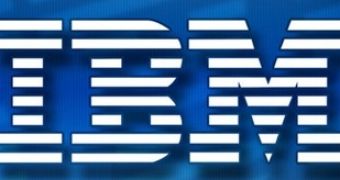On Friday, IBM announced that it was working with the North Carolina State University on offering free software services and computing power to students at schools throughout the state. According to Big Blue, what IMB is offering can be simply called cloud computing, as is the term circulated today.
Basically, the cloud computing offering refers to the expansion of an already existing service known to date as the Virtual Computing Lab. VCL is a two-year-old, on-demand computing platform that is based on BladeCenter servers and software donated by IBM. The service was developed through the partnership between IBM and the North Carolina State. The existing VCL used to serve the university's students and faculty, but the two partners now wish to extend it, so that grade school pupils and college students from across the state can benefit from it as well.
Access to free educational materials will be available for students that have a broadband connection, and they will also benefit from select software applications, computer power, and online storage, according to IBM.
The North Carolina State also announced that the code used to develop VCL would be made available for free through the Apache open source community, so that organizations that might want to build similar “clouds” could also use it. In addition, IBM and the university revealed that a new research center would be opened on campus. The new Cloud Computing Center of Excellence is meant to provide support for further collaboration between the two entities on the VCL concept for education.
The free online applications available for grade-school kids include Disney's MathQuest for building math skills. As for higher learning, educational materials on different topics, including mainframe computing and service-oriented architectures, will be made available for students.
IBM said the educational content would come to the virtual lab as projected images. As soon as a user ends the session, the virtual space running on one or more blade servers will be wiped clean, and added back to the resource pool. These days, cloud computing is gaining more and more ground and, as we can see, a larger number of users can now benefit from this technology.

 14 DAY TRIAL //
14 DAY TRIAL //